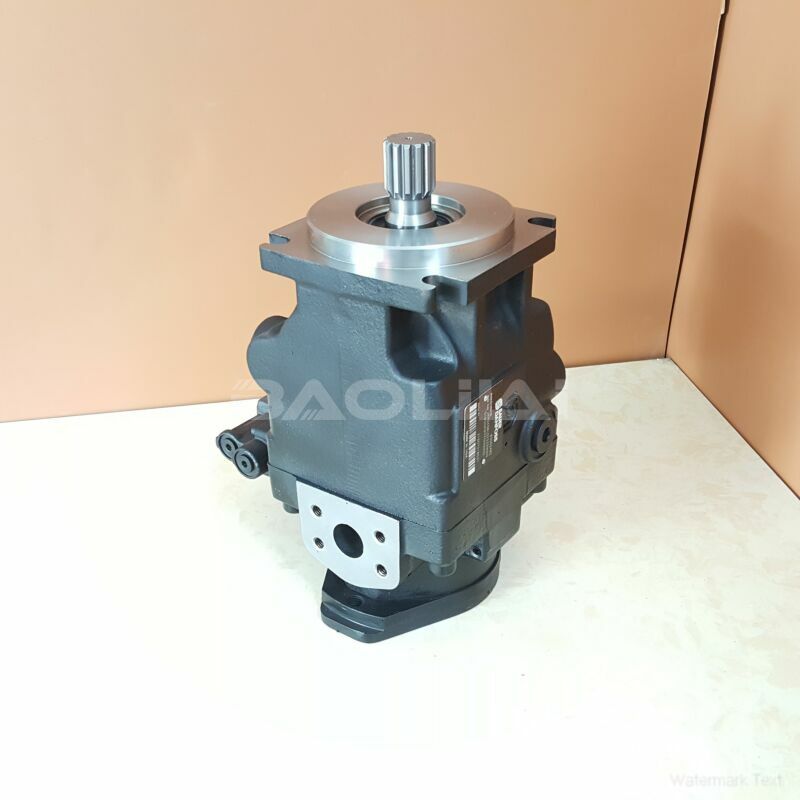JRLS45BLS1810NNE3C2NHA8NNNNJJJNNN hydraulic pump
JRLS45BLS1810NNE3C2NHA8NNNNJJJNNN hydraulic pump

- Product Details
- Applicable Scene
Hydraulic pumps play a crucial role in fluid circulation within water treatment and filtration systems. These pumps are specifically designed to manage the flow of water, ensuring it moves efficiently through various treatment processes. By understanding the importance and functionality of hydraulic pumps, stakeholders can enhance the performance and reliability of their water management systems.
JR-L-S45B-LS-18-10-NN-E-3-C2NH-A8N-NNN-JJJ-NNN
JRLS45BLS1810NNE3C2NHA8NNNNJJJNNN
One primary function of hydraulic pumps in water treatment is to facilitate the movement of water through different phases of the purification process, which often includes stages like coagulation, sedimentation, filtration, and disinfection. Each phase requires precise fluid dynamics to ensure optimal treatment efficiency. Hydraulic pumps are engineered to provide consistent flow rates, which are vital for maintaining the effectiveness of these processes.

83053205
The selection of a suitable hydraulic pump is essential for achieving the desired fluid circulation. Factors such as flow rate, pressure requirements, and the nature of the fluid being pumped must be considered. For instance, centrifugal pumps are commonly used for their ability to handle large volumes of water at relatively low pressure, while positive displacement pumps are preferred for high-pressure applications and when precise volumetric flow control is necessary.
In addition to enhancing flow rates, hydraulic pumps considerably improve the energy efficiency of water treatment systems. Many modern hydraulic pumps are equipped with advanced technology and variable speed drives, allowing for adjustments in flow and pressure according to real-time demands. This adaptability not only reduces energy consumption but also minimizes wear and tear on the equipment, leading to lower maintenance costs and increased operational longevity.





